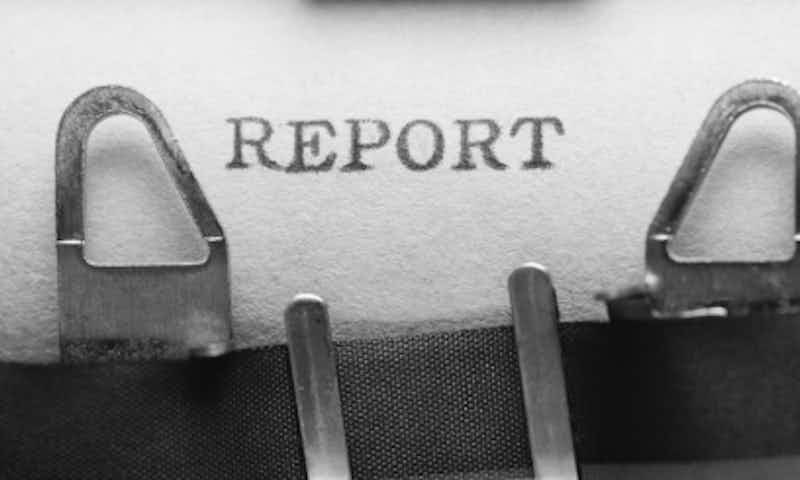Engage with the ATO on outstanding debt or risk 5 years of bad credit!
The Federal Government’s Mid-Year Economic and Fiscal Outlook (MYEFO) included an announcement that from 1 July 2017 the Australian Taxation Office (ATO) can disclose to Credit Reporting Bureaus the tax debt information of businesses that have not effectively engaged with the ATO to manage those debts. This will be a new and unprecedented power for the ATO.
This measure is part of the Government’s strategy to reign in overdue tax and improve transparency of taxation debts, and will initially only apply to businesses with an Australian Business Number and tax debt of more than $10,000 that is at least 90 days overdue.
The policy should not come as a surprise given it has been on the Government’s agenda for a number of years, having been touted at least as far back as 2014.
The ATO is owed $19b in overdue tax, approximately two thirds of which is owed by small businesses with a turnover under $2m. The rising level of debt, particularly in small business, presents a growing challenge for the ATO as they are faced with managing the delicate balance of collecting tax arrears without (where possible) suffocating the cash flow of the business.
Compounding this challenge, the current consequences for failing to pay the ATO have no real tangible impact on the day-to-day operations of a business. Failure to lodge and general interest charge penalties, and in some instances imposing personal liability on directors, do not typically influence a business continuing to trade. This means that ATO debt is often pushed to the back of the queue, and will be allowed to accumulate—often until the ATO pursue legal proceedings.
That landscape is about to change, as defaults being recorded on a taxpayer’s commercial credit file will have immediate and lasting consequences for a defaulting taxpayer. A credit default is a black mark that lasts for five years, and creates an environment where support from financiers may be withdrawn and supplier credit stopped.
Given the potential ramifications for small businesses in particular, it is evident that policy implementation must be carefully considered and managed to avoid potentially imposing irreversible damage on thousands of small businesses from 1 July 2017. It also remains to be seen how the ATO will wield this new power when it comes to debt that is in dispute.
Clearly, there has never been a more important time to engage with the ATO to manage unpaid tax, and the strategy of buying more time by ‘burying your head in the sand’ is a thing of the past.
Update as at 20 June 2018: These measures are not yet in place and according to the ATO website (webpage last modified: 15 January 2018) it is due to commence “following the passage of legislation”.
.png?auto=format,compress&cs=tinysrgb&fit=crop&crop=focalpoint&fp-x=0.50&fp-y=0.50&fp-y=0.1&w=400&h=400&q=25&blur=5&sat=-100)
.png?auto=format,compress&cs=tinysrgb&fit=crop&crop=focalpoint&fp-x=0.50&fp-y=0.50&fp-y=0.1&w=800&h=480&q=25&blur=5&sat=-100)
.png?auto=format,compress&cs=tinysrgb&fit=crop&crop=focalpoint&fp-x=0.50&fp-y=0.50&fp-y=0.1&w=800&h=480&q=25&blur=5&sat=-100)
